In Parenthesis was founded by Clare Mac Cumhaill and Rachael Wiseman in 2015. Since 2023 it has been directed by an international board.
We’d love to hear from you! We are keen to share, promote and engage with work on the Quartet, the Quartet+, or on themes and figures that relate to them. We would like to share relevant publications, projects, events and opportunities on this website and with the Mapping the Quartet network. If you’ve ideas for things we should be doing, be they speculative suggestions or concrete proposals, please do not hesitate to write. Finally, if you are using our work in your teaching or further afield, or if you have been ‘impacted’ by our efforts (!), we’d be very grateful for your testimony as it will help to know what works and to unlock resources for future activities.
Write to us at info@womeninparenthesis.co.uk.
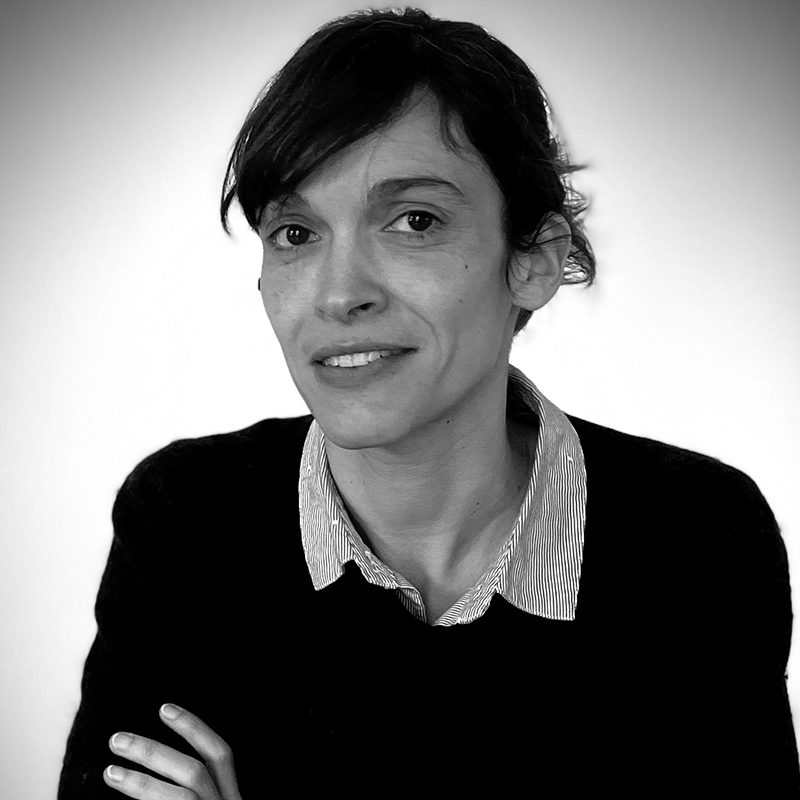
Valérie Aucouturier
Partnerships
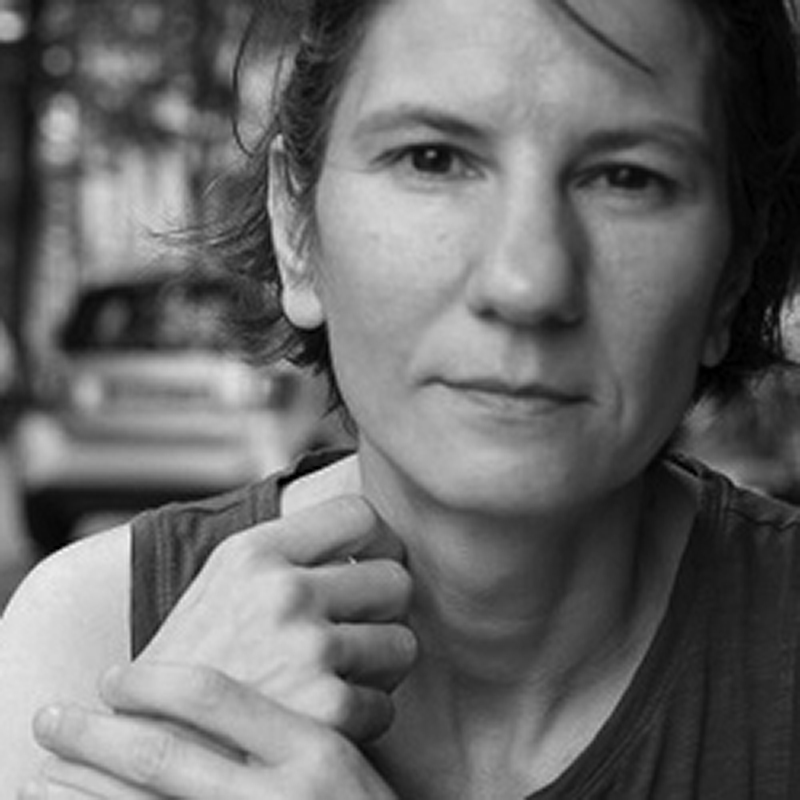
Ana Barandalla
Public engagement and events

Lawrence Blum
Coordinator for work on Quartet+Emmet and intellectual history advisor

Amber Donovan
K1-3 philosophy outreach coordinator
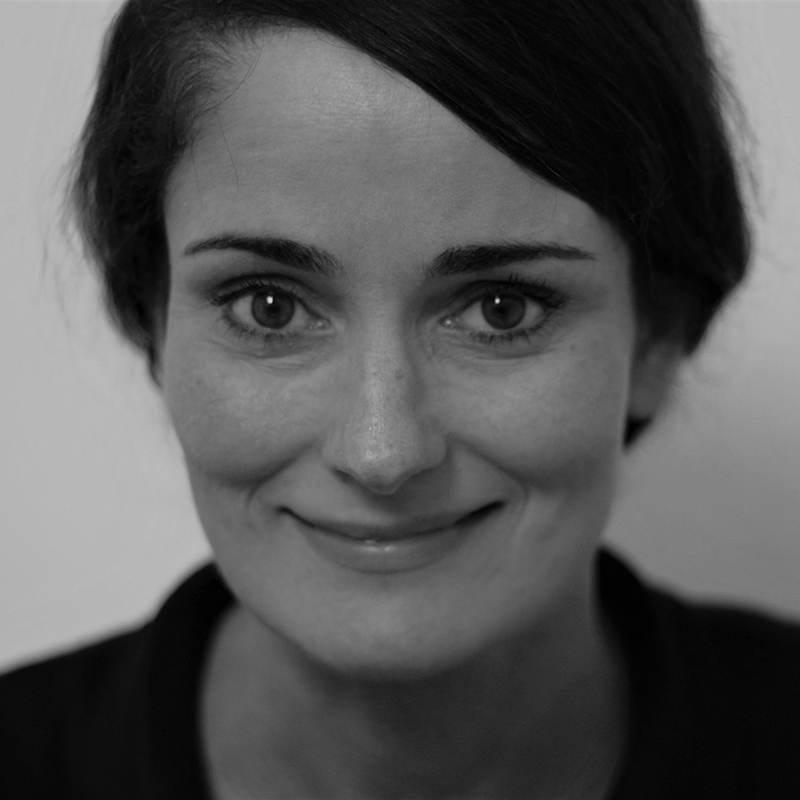
Eva Maria Düringer
Newsletter Editor

Amia Guha
A level syllabus advisor
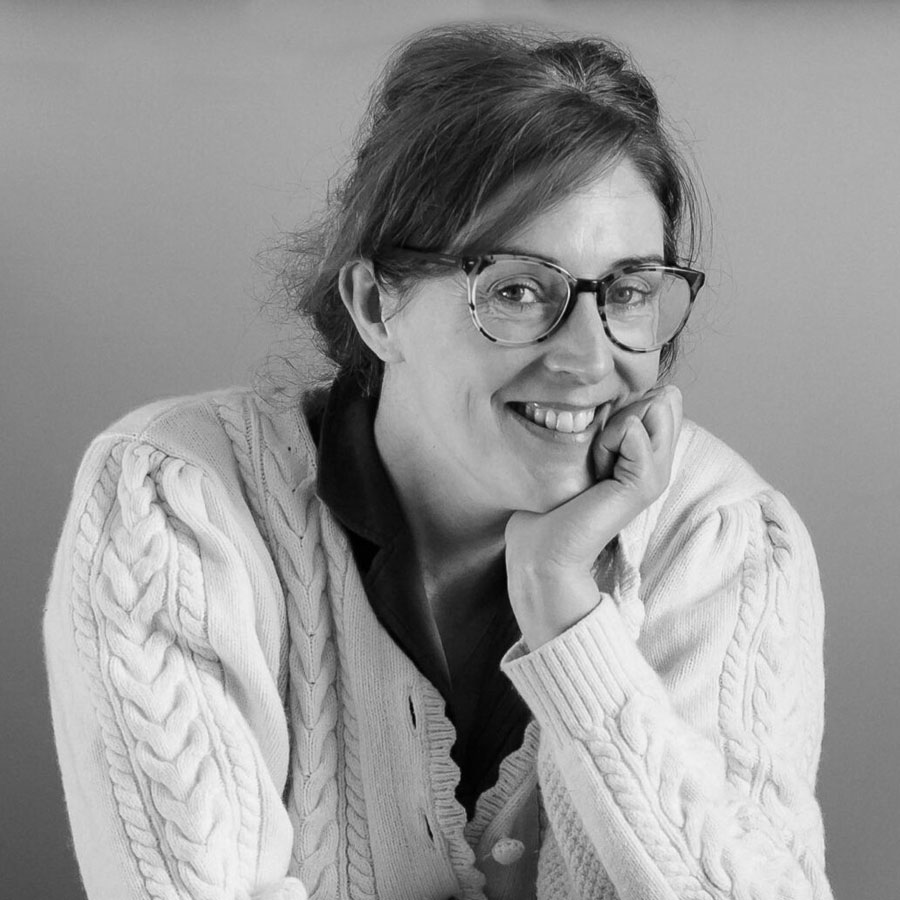
Clare Mac Cumhaill
Co-founder; Funding, projects, engagement

Cathy Mason
Secretary
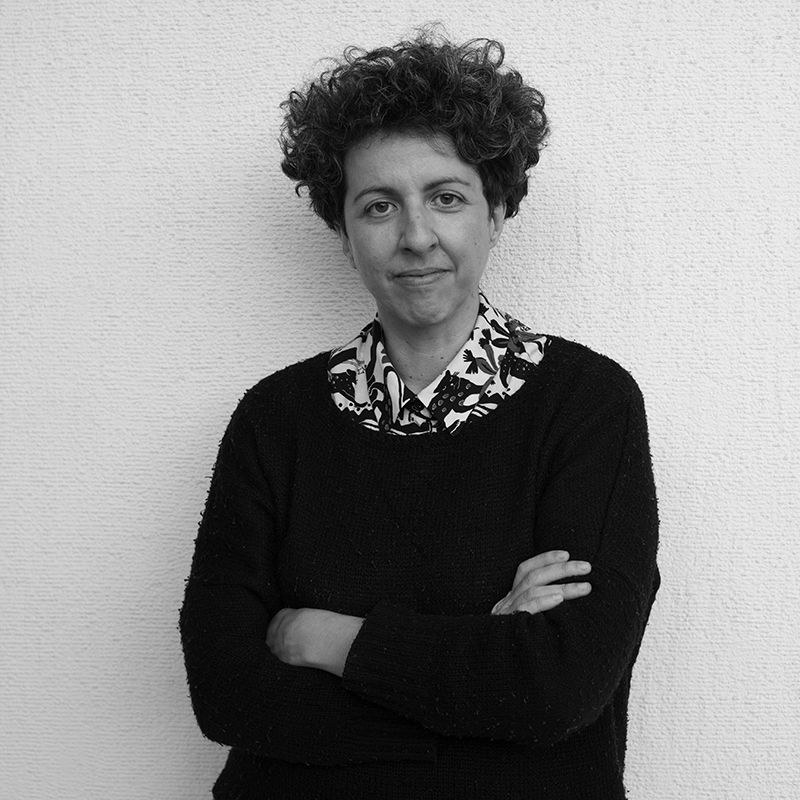
Evgenia Mylonaki
Translations Officer

Ellie Robson
Communications Officer

Victor Seidler
Coordinator for work on refugee scholars and intellectual history advisor
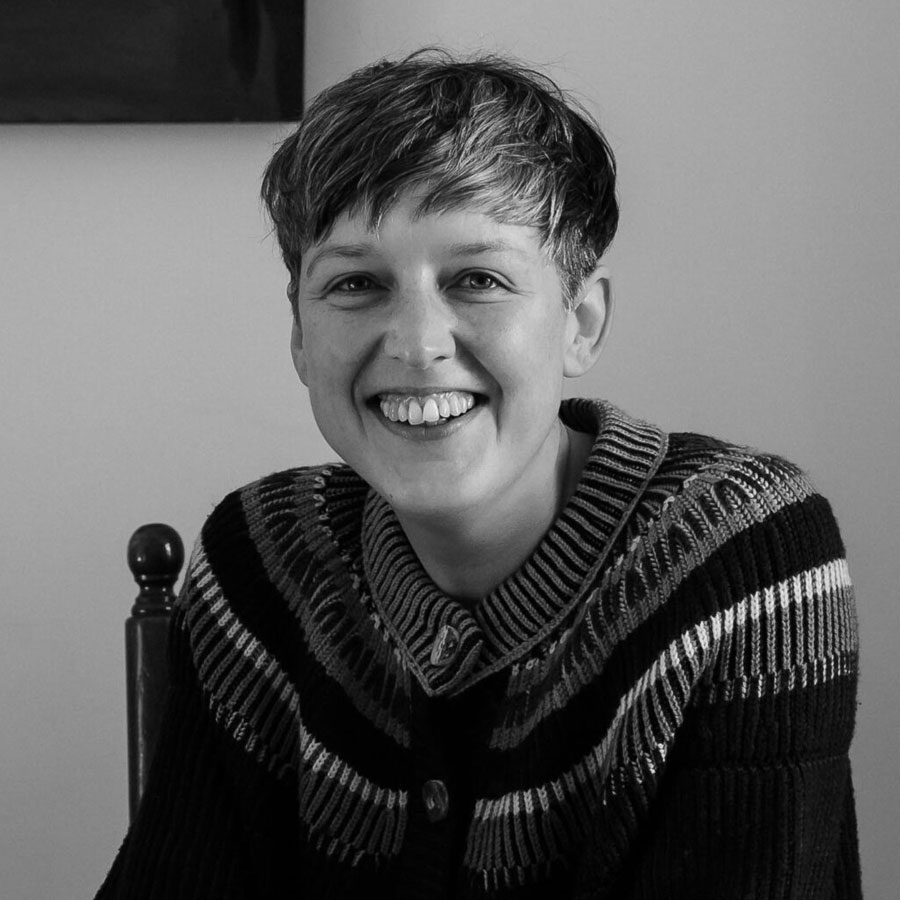
Rachael Wiseman
Co-founder; Funding, projects, engagement
Watch a short video about us and our work (summer 2023)
